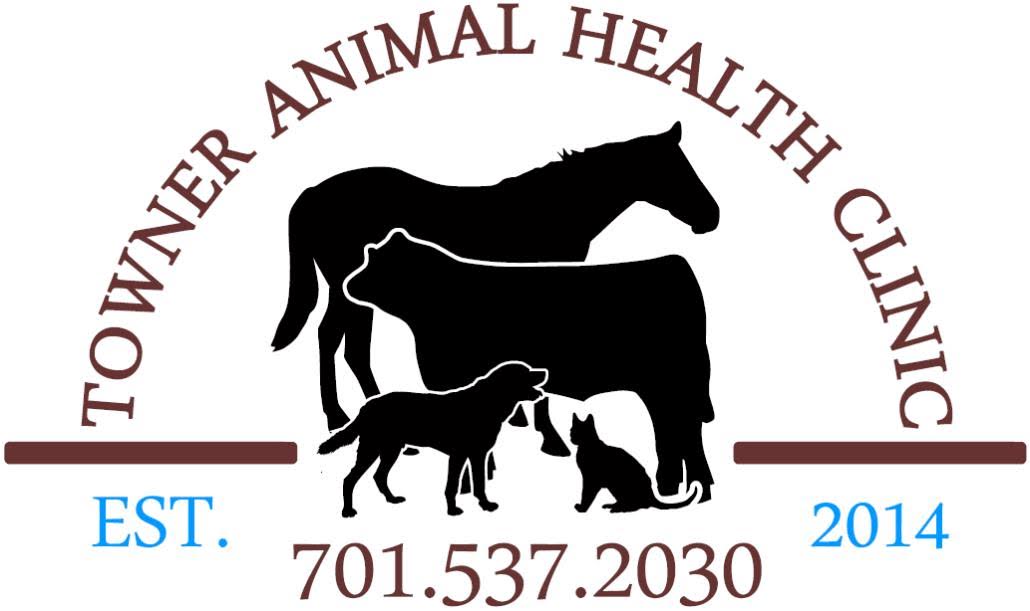Library
-
Once your dog reaches adulthood, his nutrient profile changes from when he was a puppy. Your veterinarian can help you determine what proportion of each nutrient is needed based on your dog’s lifestyle and current body condition. Avoid free-feeding and work on a meal schedule. Following these steps can help your dog lead a healthier life and avoid becoming overweight or obese.
-
Regular preventive health care for your cat can increase the length and quality of her life. Healthcare guidelines are established and kept up to date using the most recent evidence-based recommendations including the recommendation that all cats receive a complete veterinary examination at least once a year or more frequently, depending on their individual needs and health concerns.
-
Treats are a great way to bond with your dog but are an additional source of calories that must be considered within the overall diet. Treats should be no more than 10% of your dog's daily calorie intake and, in greater quantities, can create a nutritional imbalance. Consider choosing lower calorie treats for your dog to avoid exceeding the 10% rule.
-
Treats are a great way to bond with your cat but are an additional source of calories that must be considered within the overall diet. Treats should be no more than10% of your cat's daily calorie intake and, in greater quantities, can create a nutritional imbalance. Consider choosing lower calorie treats for your cat to avoid exceeding the 10% rule.
-
Regular preventive health care for your dog can increase the length and quality of her life. Health care guidelines are established and kept up to date using the most recent evidence-based recommendations including the recommendation that all dogs receive a complete veterinary examination at least once a year or more frequently, depending on their individual needs and health concerns.
-
Breed-specific diets are a category of commercial pet feeds available for dogs and cats that are formulated to accommodate various breed predispositions. This article provides a concept overview of these diets, including what they are and what benefits they may serve. Specific examples are reviewed in brief to illustrate case scenarios for common canine and feline breeds.
-
Once your cat has reached adulthood, their nutrient profile will change from when they were a kitten. Your veterinarian can help you determine what proportion of each nutrient is needed based on your cat's lifestyle and current body condition. It is important to lay a good nutritional foundation to maximize the health and longevity for your cat and reduce the potential for developing obesity.

